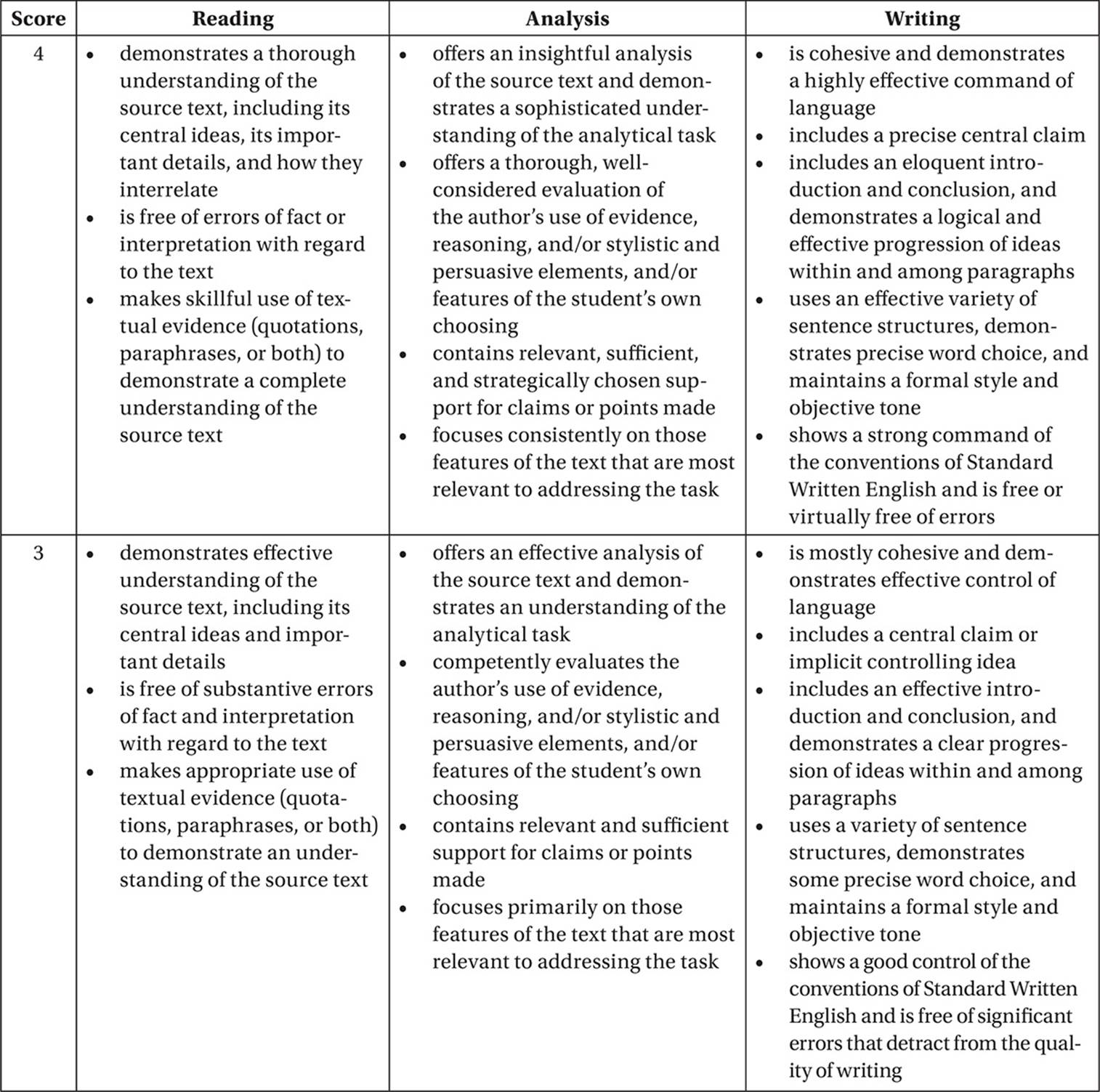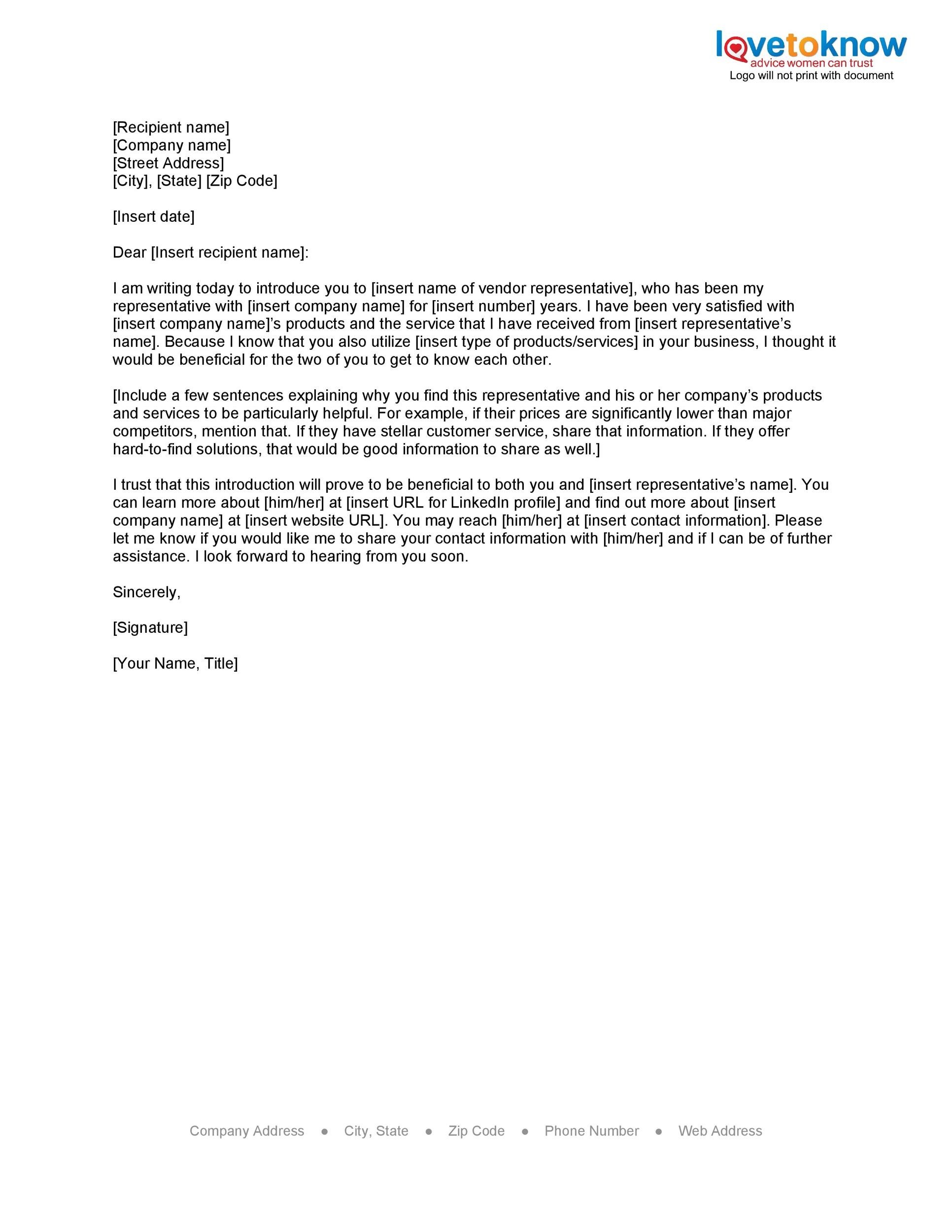Chromosome 1p36 deletion syndrome - Conditions - GTR - NCBI.
A 'read' is counted each time someone views a publication summary (such as the title, abstract, and list of authors), clicks on a figure, or views or downloads the full-text.Although 1p36 deletion syndrome is considered clinically recognizable, there is significant phenotypic variation among affected individuals. This variation is due, at least in part, to the genetic heterogeneity seen in 1p36 deletions which include terminal and interstitial deletions of varying lengths located throughout the 30 Mb of DNA that.There is no cure for chromosome 1p36 microdeletion syndrome. Treatment is based on which symptoms a patient has. Special learning programs are useful to help with mental delays. Affected individuals may need to learn sign language to communicate. They may need physical therapy to help with motor ski.
What is Chromosome 1p36 Deletion? 1p36 Deletion syndrome is a chromosome disorder that is characterized by moderate to severe intellectual disability, brain abnormalities, delayed growth, limited speech ability, distinct facial features, seizures, and congenital heart defects.The present series is the largest sample of patients with Del 1p36 syndrome, so far, and allows a better delineation of the epilepsy phenotype in this common terminal deletion syndrome. Our results highlight that epilepsy is a significant and potentially treatable feature in patients with Del 1p36 syndrome.

An investigation of sociability: delineating a behavioural and social phenotype for Monosomy 1p36 Deletion Syndrome Download Statistics. Download Statistics. Downloads. Downloads per month over past year. Cook, Fay (2009). An investigation of sociability: delineating a behavioural and social phenotype for Monosomy 1p36 Deletion Syndrome.












